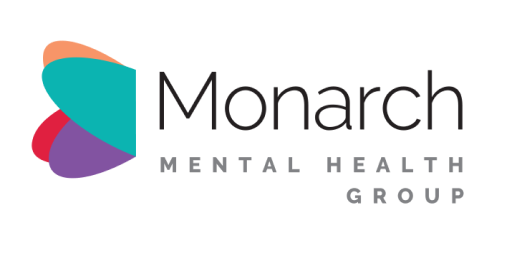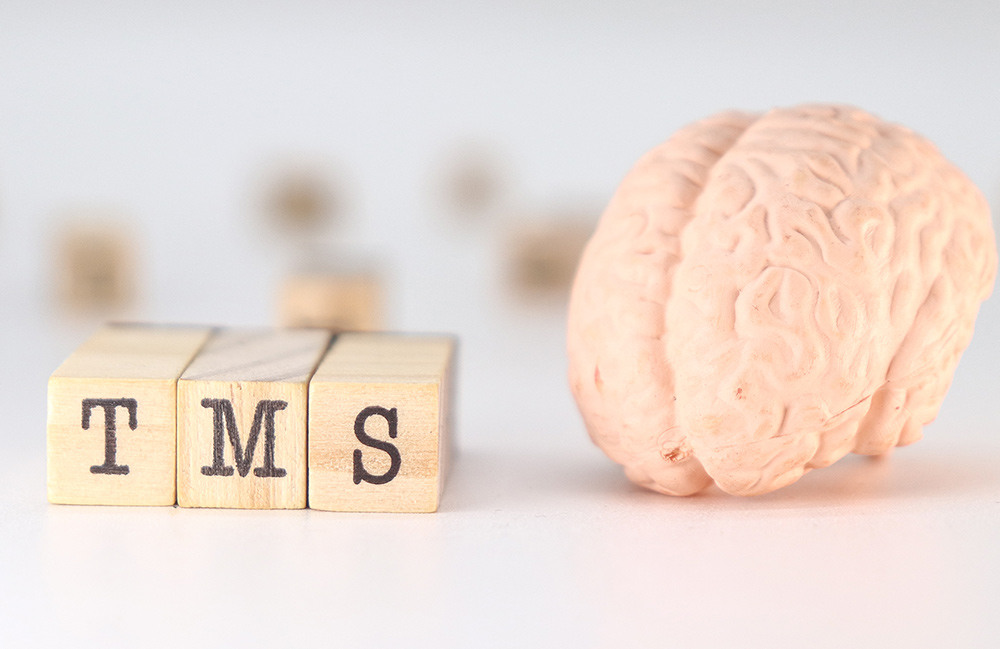Anxiety disorders are among the most common mental health conditions, affecting millions of people worldwide. While traditional treatments like medication and psychotherapy have helped many individuals manage their anxiety symptoms, some find these approaches insufficient.
Transcranial Magnetic Stimulation (TMS) therapy offers a promising solution for those seeking alternative treatments. But what is TMS therapy for anxiety and how does it work? This blog will explore how TMS therapy works, its benefits in treating anxiety disorders and who might be an ideal candidate for this innovative treatment.
Understanding Anxiety Disorders
Anxiety disorders encompass a range of mental health conditions, including generalised anxiety disorder, social anxiety disorder and panic disorder. These conditions can cause both psychological and physical symptoms, such as excessive worry, rapid heartbeat and muscle tension.
Living with an anxiety disorder can be challenging and when traditional treatments fall short, individuals may feel overwhelmed by their symptoms. Understanding the nature of anxiety and the brain activity involved in these disorders is crucial for finding effective treatments.
What is TMS Therapy?
TMS therapy is a non-invasive brain stimulation therapy that uses magnetic pulses to stimulate nerve cells in the brain involved in mood regulation. The therapy is particularly effective in treating anxiety disorders, depression and other mental health conditions. By targeting specific areas of the brain, TMS can alter brain activity in a way that reduces symptoms of anxiety and depression.
The process involves placing an electromagnetic coil against the scalp, which generates magnetic fields to stimulate the underlying brain regions. Deep Transcranial Magnetic Stimulation (dTMS) is a variation of this therapy that reaches deeper brain structures, offering a more targeted approach to treating anxiety and depressive disorders.
How TMS Therapy Targets Anxiety
TMS therapy works by focussing magnetic pulses on the nerve cells in an area of the brain that regulates mood and emotional response.
The repetitive transcranial magnetic stimulation used during treatment sessions helps modulate brain activity, leading to a reduction in anxiety symptoms. Research has shown that TMS is a safe and effective treatment for anxiety, with minimal side effects compared to traditional medications.
Who Can Benefit from TMS Therapy for Anxiety?
TMS therapy is suitable for individuals with anxiety disorders, particularly those who have not found relief through conventional treatments. It is also effective for treating other common mental health conditions such as major depressive disorder, post-traumatic stress disorder (PTSD) and obsessive-compulsive disorder (OCD).
Patients with treatment-resistant depression may also benefit from depression transcranial magnetic stimulation. Before starting treatment, it is essential to undergo a thorough evaluation by a mental health professional to determine if TMS is the right option for treating anxiety.
TMS Therapy vs. Traditional Anxiety Treatments
Compared to traditional treatments like medication and psychotherapy, TMS therapy offers a different approach to treating anxiety disorders. While medications alter brain chemistry to relieve symptoms, TMS therapy directly stimulates nerve cells in the brain, making it an effective option for those who do not respond well to medications.
Additionally, TMS therapy avoids many of the side effects associated with medication, such as weight gain and drowsiness. For individuals with mental illness, particularly those with treatment-resistant depression or anxiety, TMS provides a valuable alternative to standard psychological treatment methods.
What to Expect from TMS Therapy for Anxiety
During TMS therapy, patients can expect a series of treatment sessions where an electromagnetic coil is placed on the scalp to deliver magnetic pulses to specific brain areas. Each session typically lasts 30 to 60 minutes and patients may require several sessions per week over four to six weeks.
The treatment is non-invasive and most patients can resume their normal activities immediately after each session. While some patients may experience mild side effects, such as scalp discomfort or headaches, these symptoms are generally short-lived.
Conclusion
TMS therapy represents a groundbreaking approach to treating anxiety and other mental health conditions. By directly targeting the brain regions responsible for anxiety and depression, TMS offers a safe and effective treatment for those who have not found relief through traditional methods. If you or someone you know is struggling with anxiety, consider consulting with a specialist at Monarch Mental Health to learn more about how TMS therapy can help.
Click here if you would like to find out more about being referred to our clinics for TMS
FAQs
How does TMS compare to traditional treatments like medication?
Transcranial magnetic stimulation (TMS) offers an alternative to medication for those who want a non-invasive option to treat anxiety. Unlike medication, which affects the entire body, TMS specifically targets brain regions involved in anxiety, making it one of the more focused brain stimulation therapies available.
Can I continue my regular activities immediately after a TMS therapy session?
Yes, TMS therapy is a non-invasive procedure that allows you to return to your regular activities right after each session. This makes it a convenient option for individuals managing a busy lifestyle while undergoing treatment for a mental health condition.
What are the long-term benefits of using TMS therapy to treat anxiety?
TMS therapy has been shown to provide lasting relief from anxiety symptoms, especially for those with treatment-resistant anxiety. The targeted brain stimulation offered by TMS can lead to significant and sustained improvements in your mental health condition.
How does TMS therapy help those with treatment-resistant anxiety?
For those with treatment-resistant anxiety, TMS therapy can be a game-changer. By directly stimulating the areas of the brain linked to mood regulation, TMS therapy offers a new way to treat anxiety when other approaches haven’t worked.
Is TMS therapy covered by insurance for treating anxiety?
Insurance coverage for TMS therapy varies by provider and the specific mental health condition being treated. It's advisable to consult your insurance company to determine if they cover TMS therapy as a treatment for anxiety.
Is there any downtime required after TMS therapy for anxiety?
No, there is no downtime required after TMS therapy for anxiety. Patients can return to their daily activities immediately following each session, making it a convenient treatment option for those with busy schedules.
Can TMS therapy for anxiety be tailored to individual needs?
Yes, TMS therapy for anxiety can be customised based on the patient's specific symptoms and response to treatment. The frequency and duration of sessions may be adjusted to optimise the effectiveness of the therapy for each individual.
.png)
About The Author
Dr Ted Cassidy
Dr. Ted Cassidy is a psychiatrist and co-founder of Monarch Mental Health Group in Australia, which provides innovative treatments for depression, PTSD, and anxiety. Monarch Mental Health is recognized as Australia's first outpatient clinic offering assisted therapy and is the largest provider of outpatient magnetic stimulation therapy.

